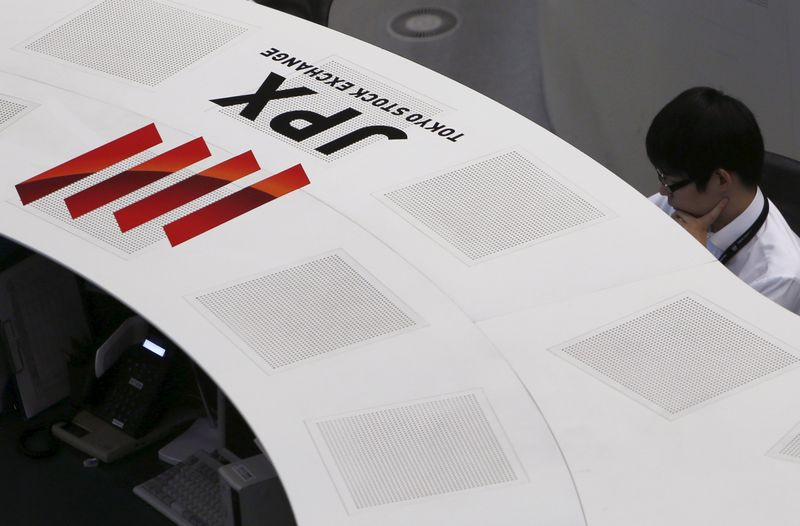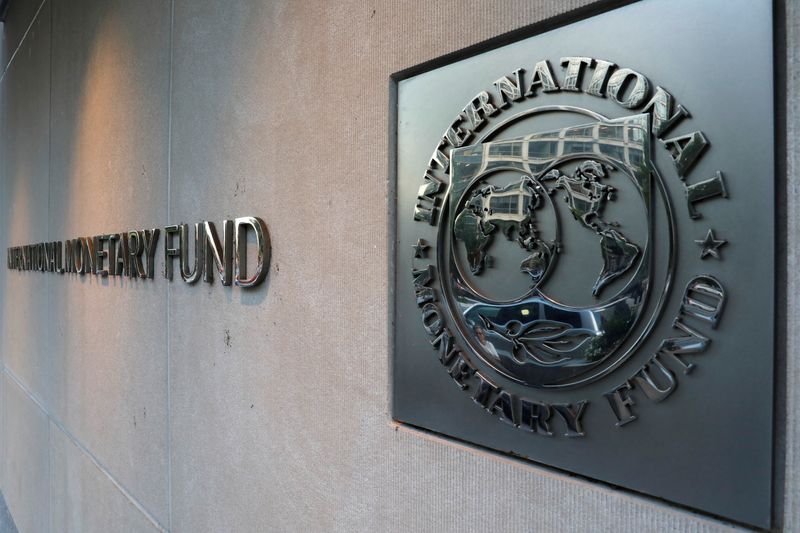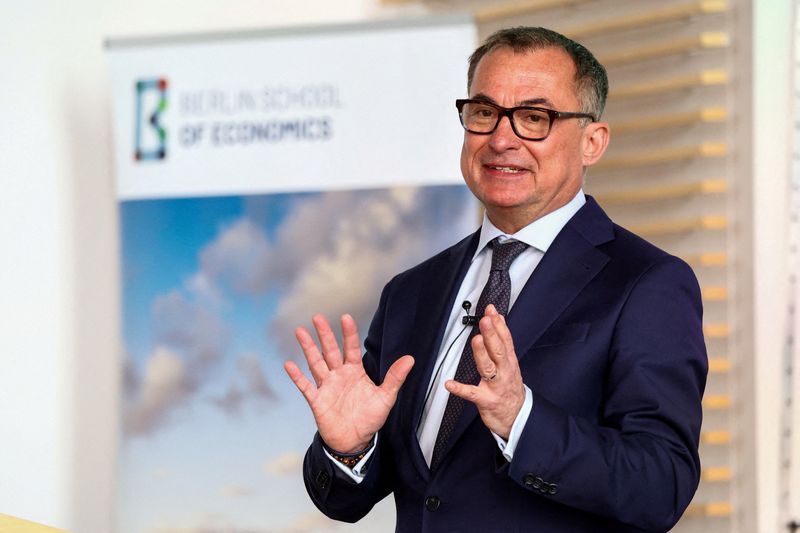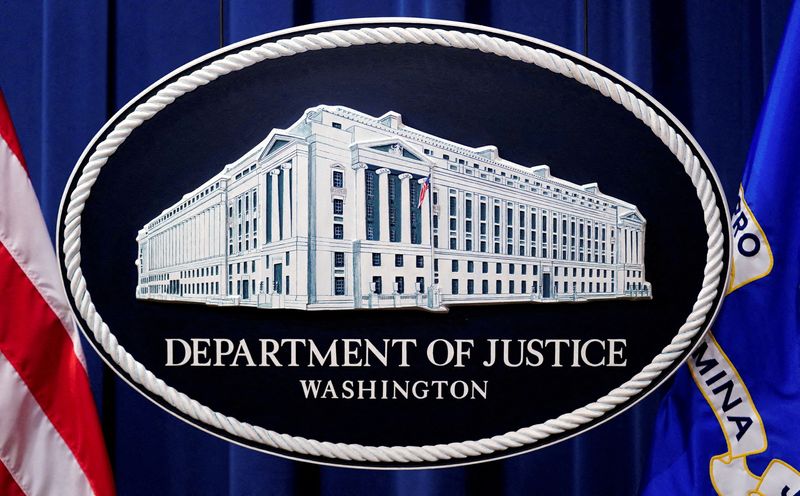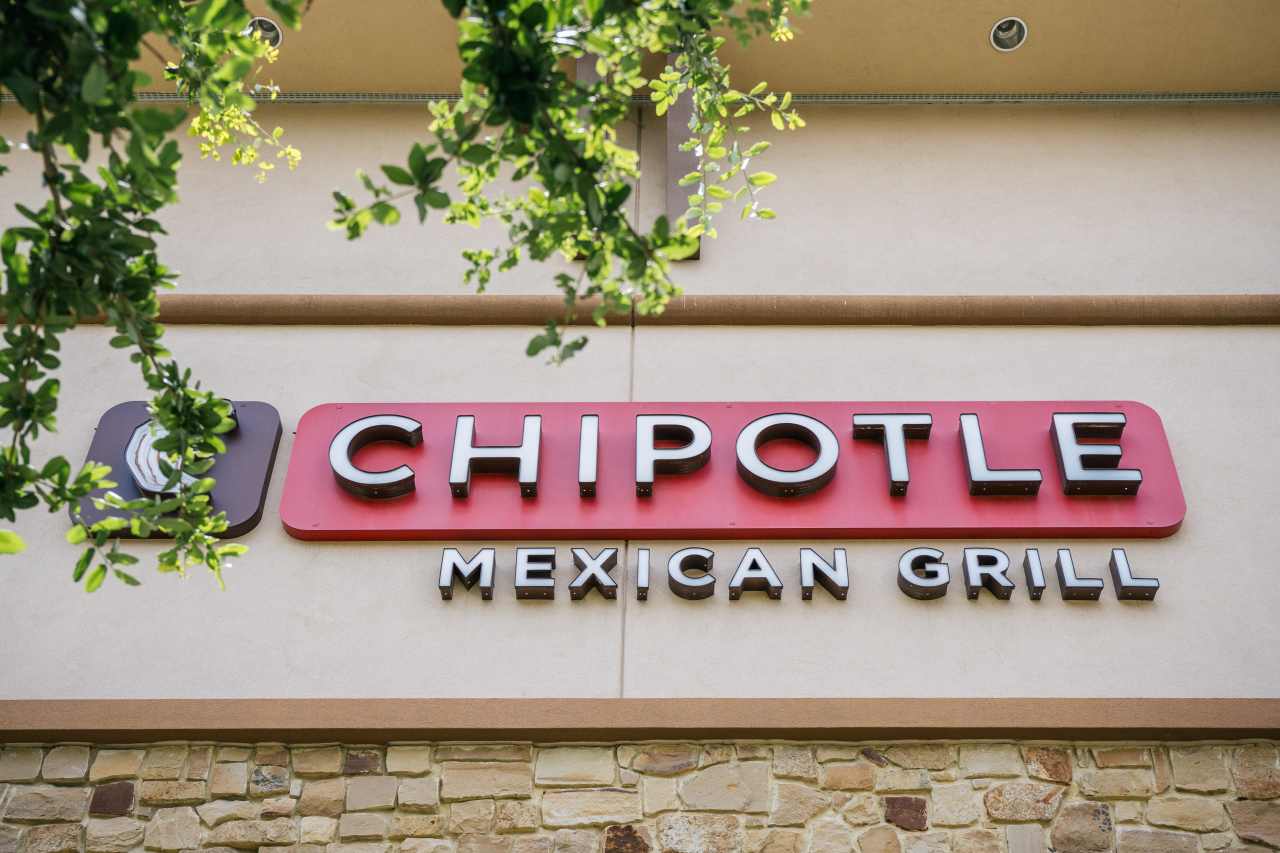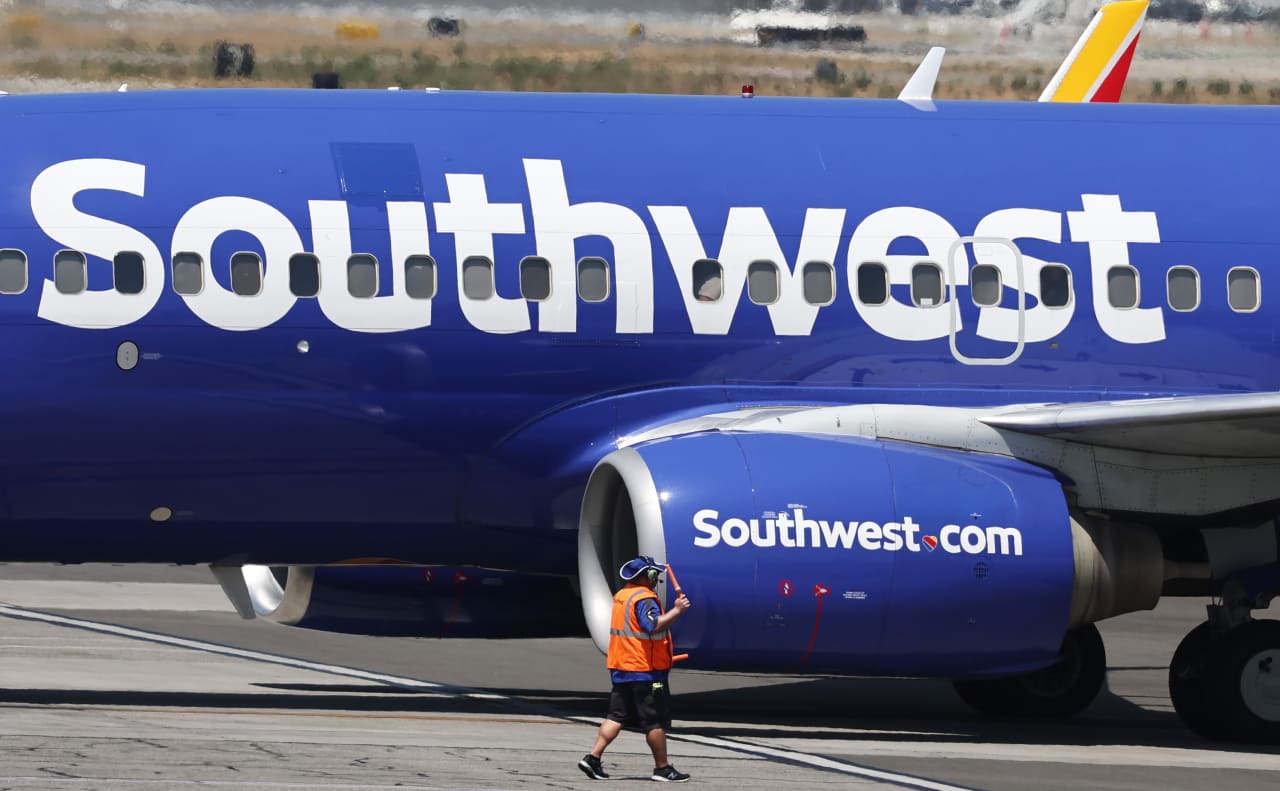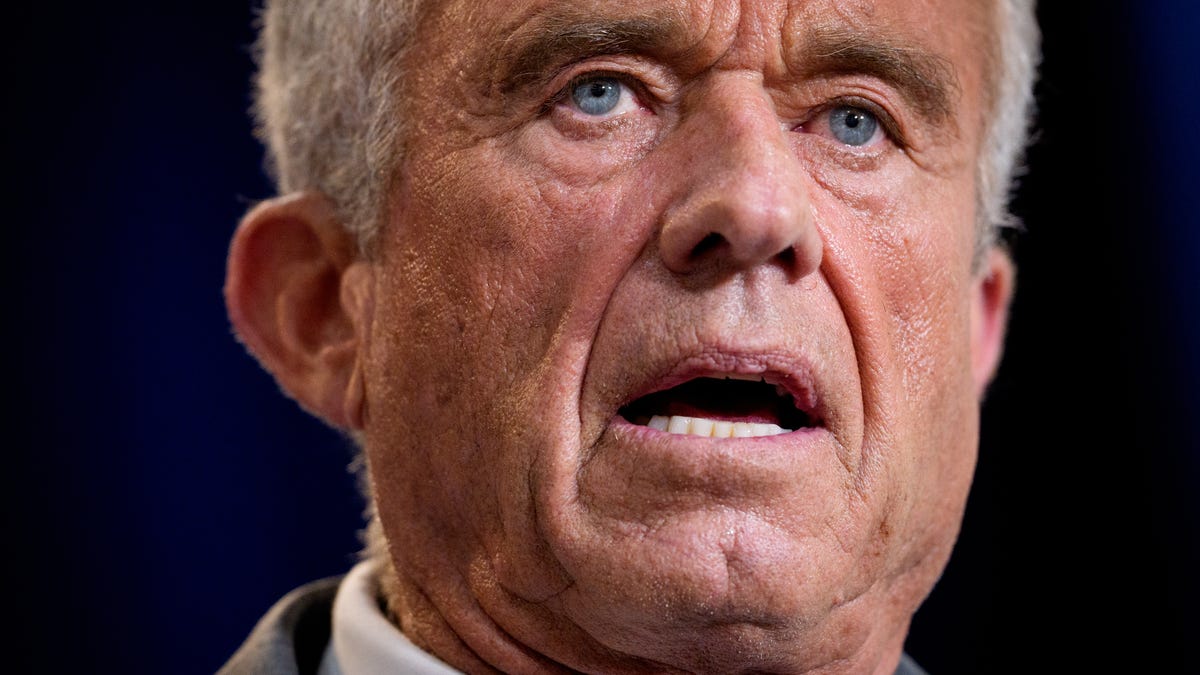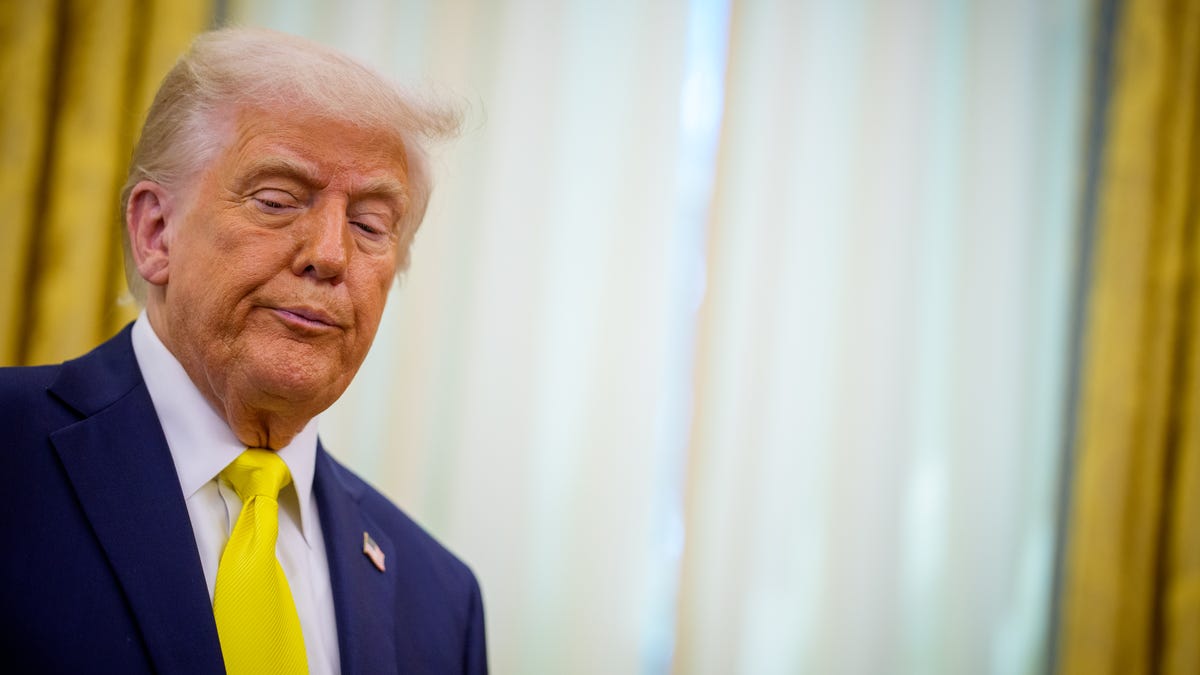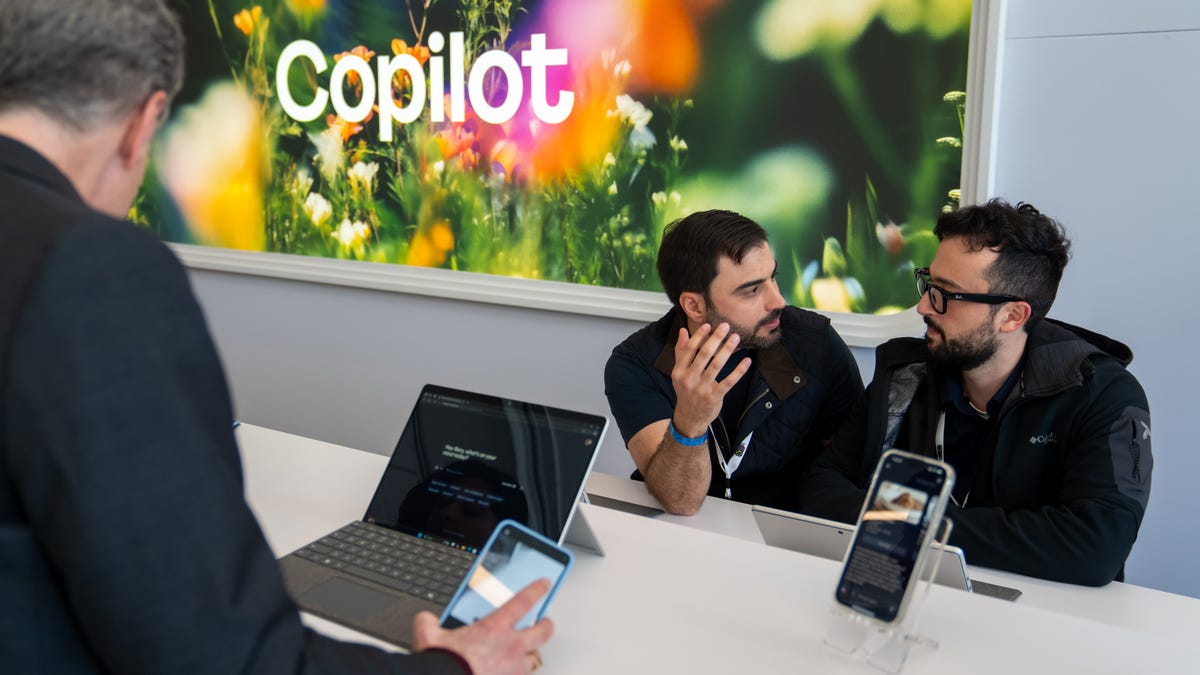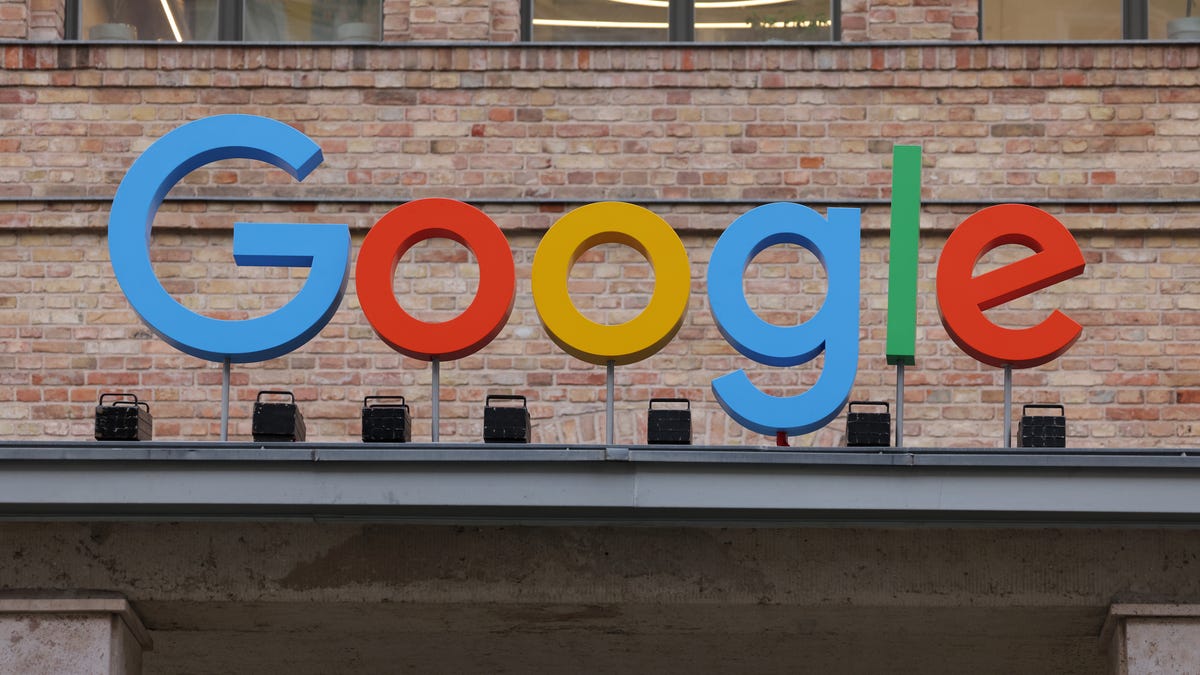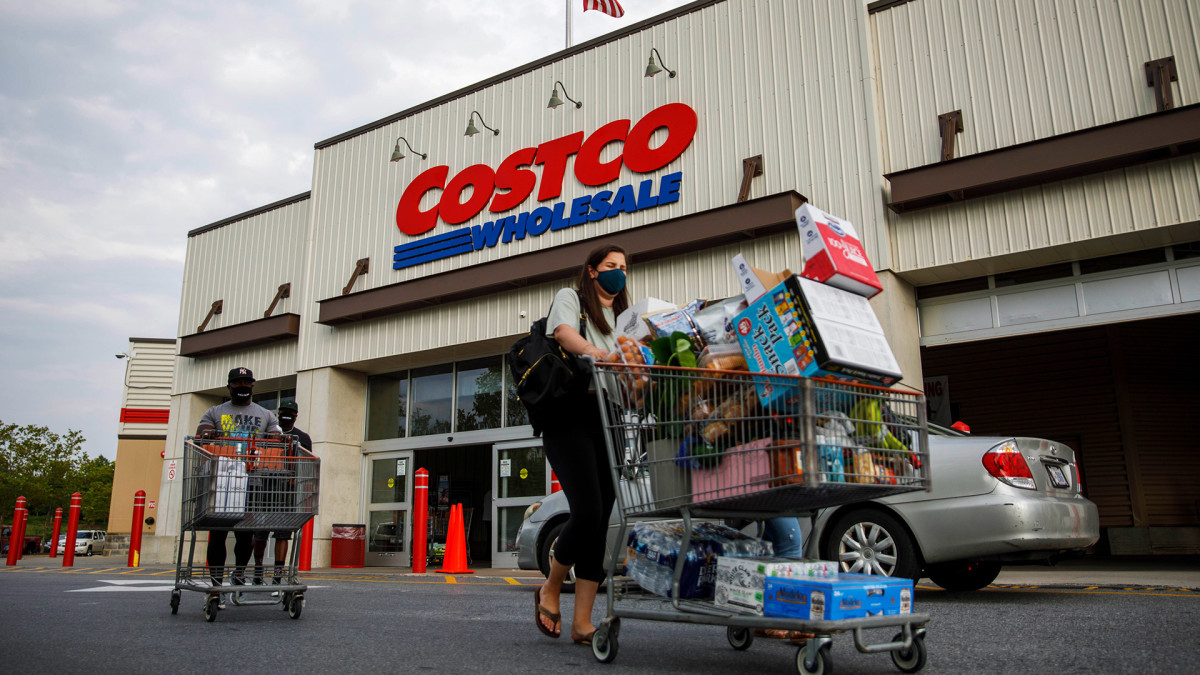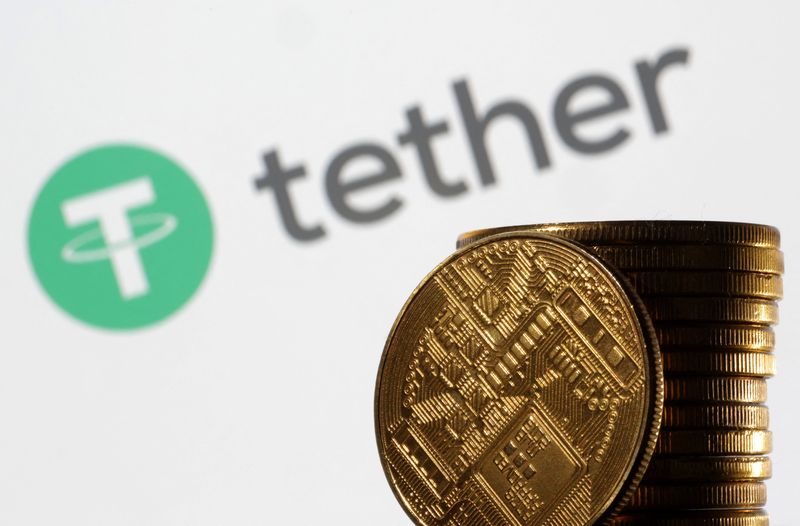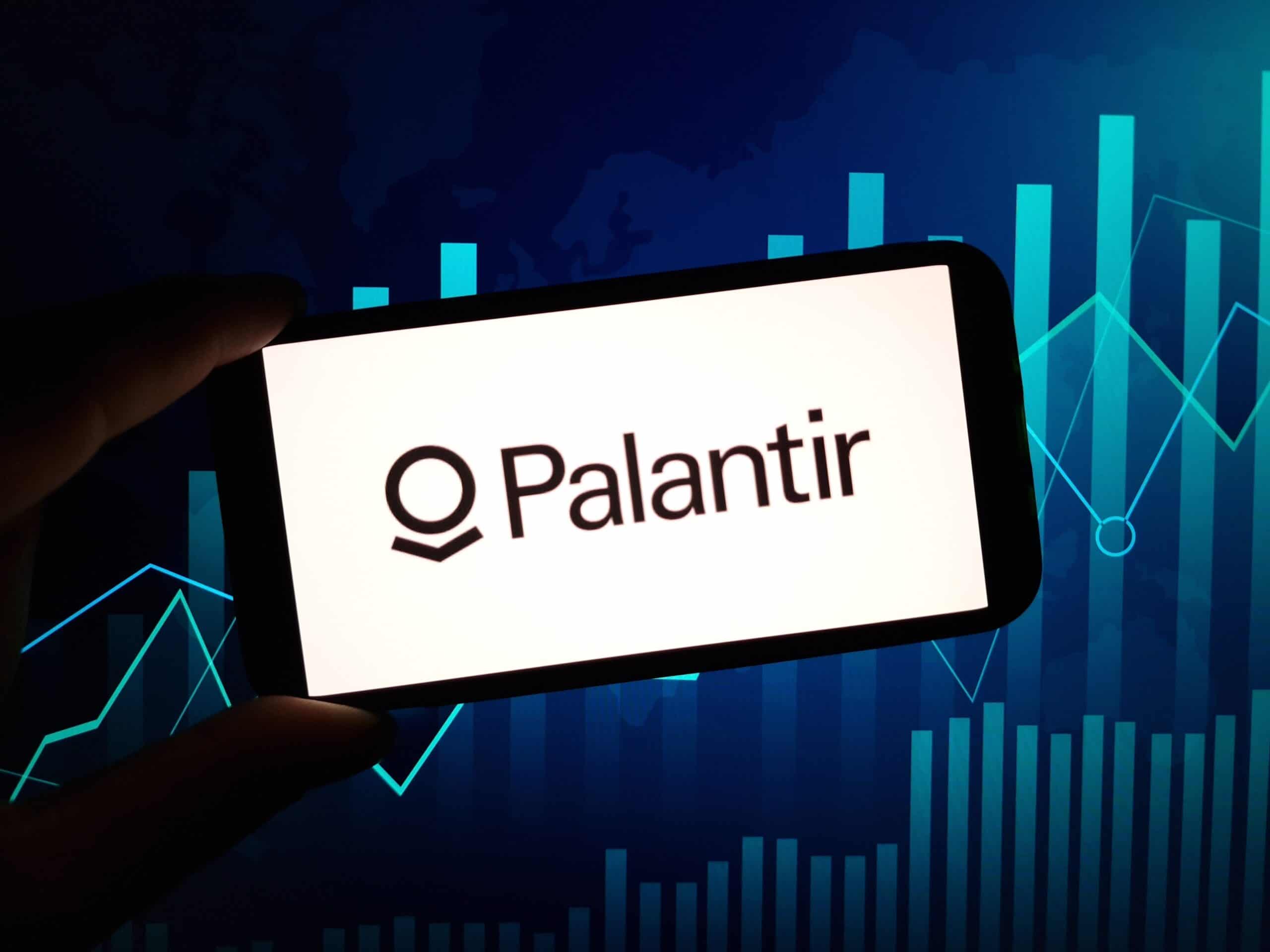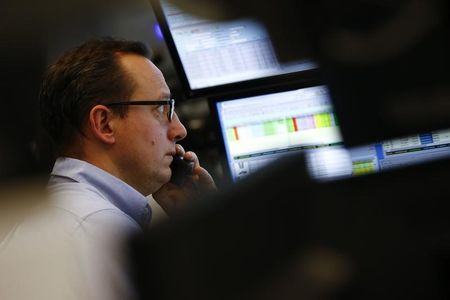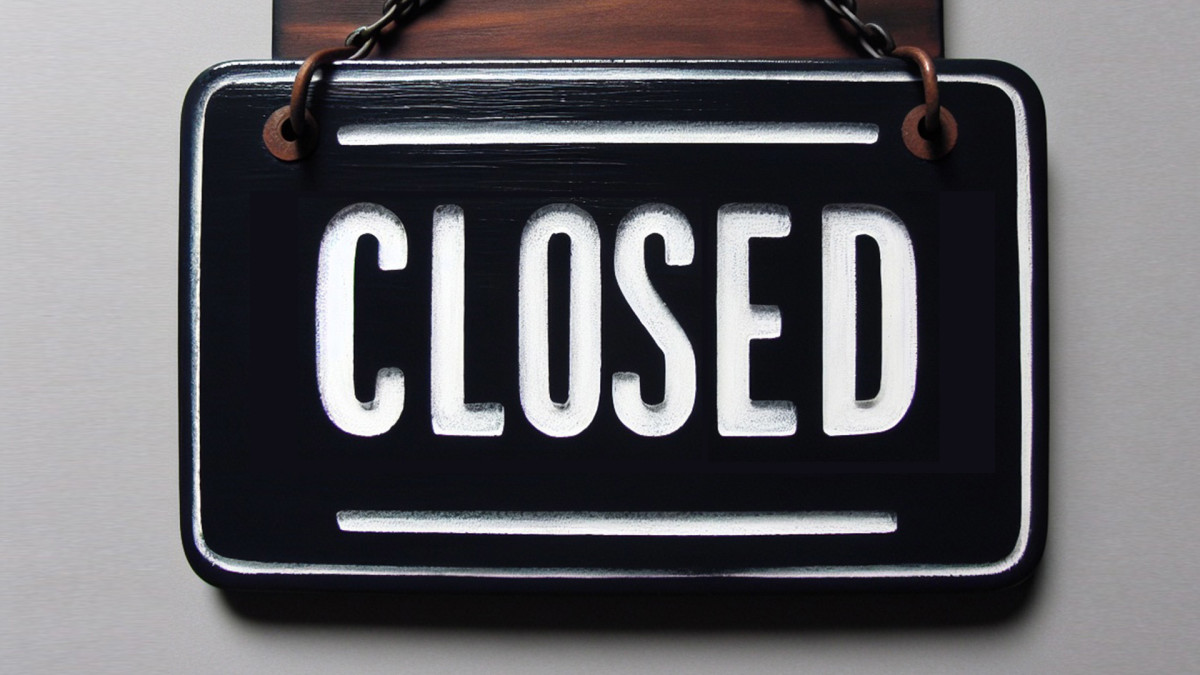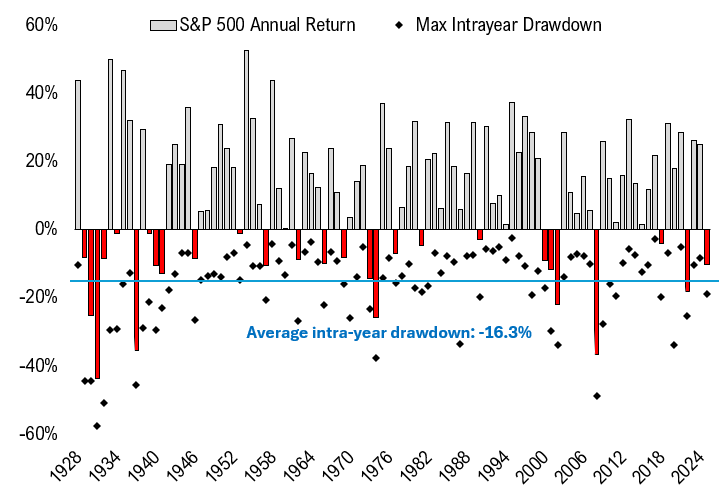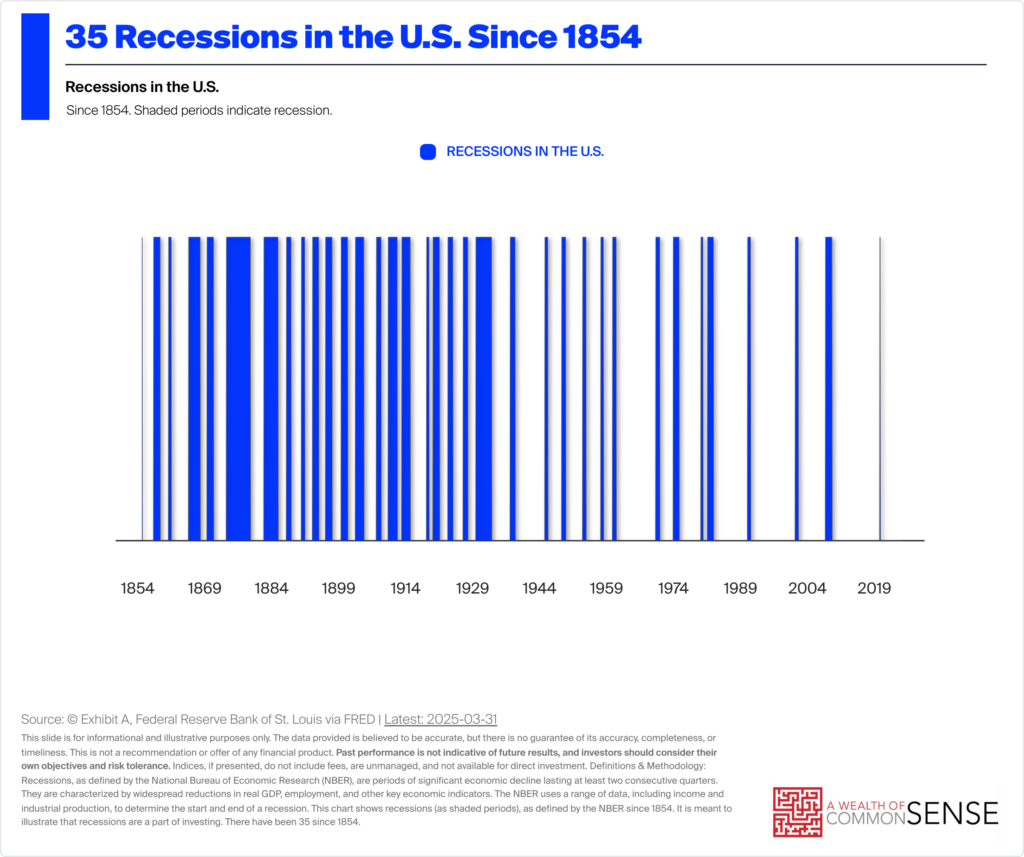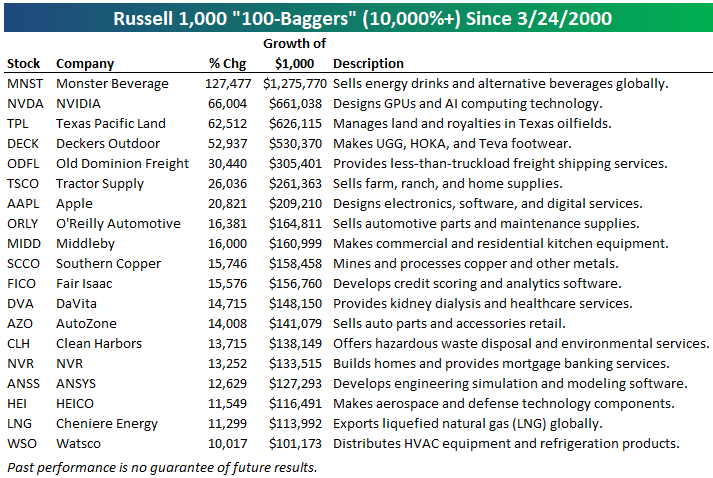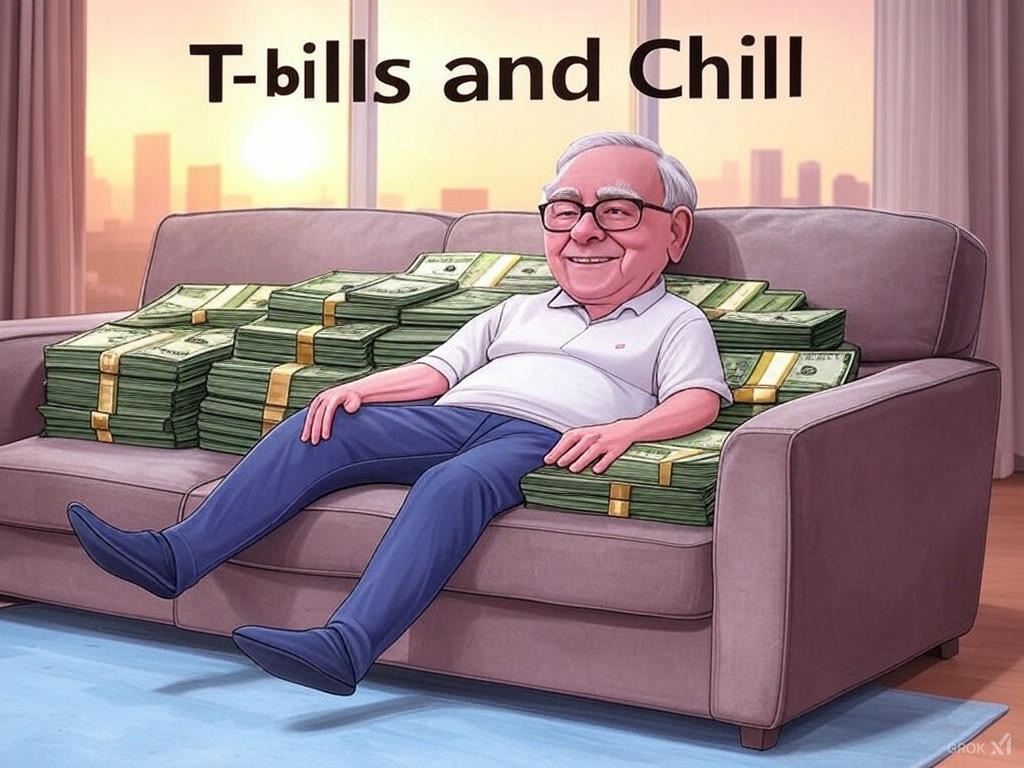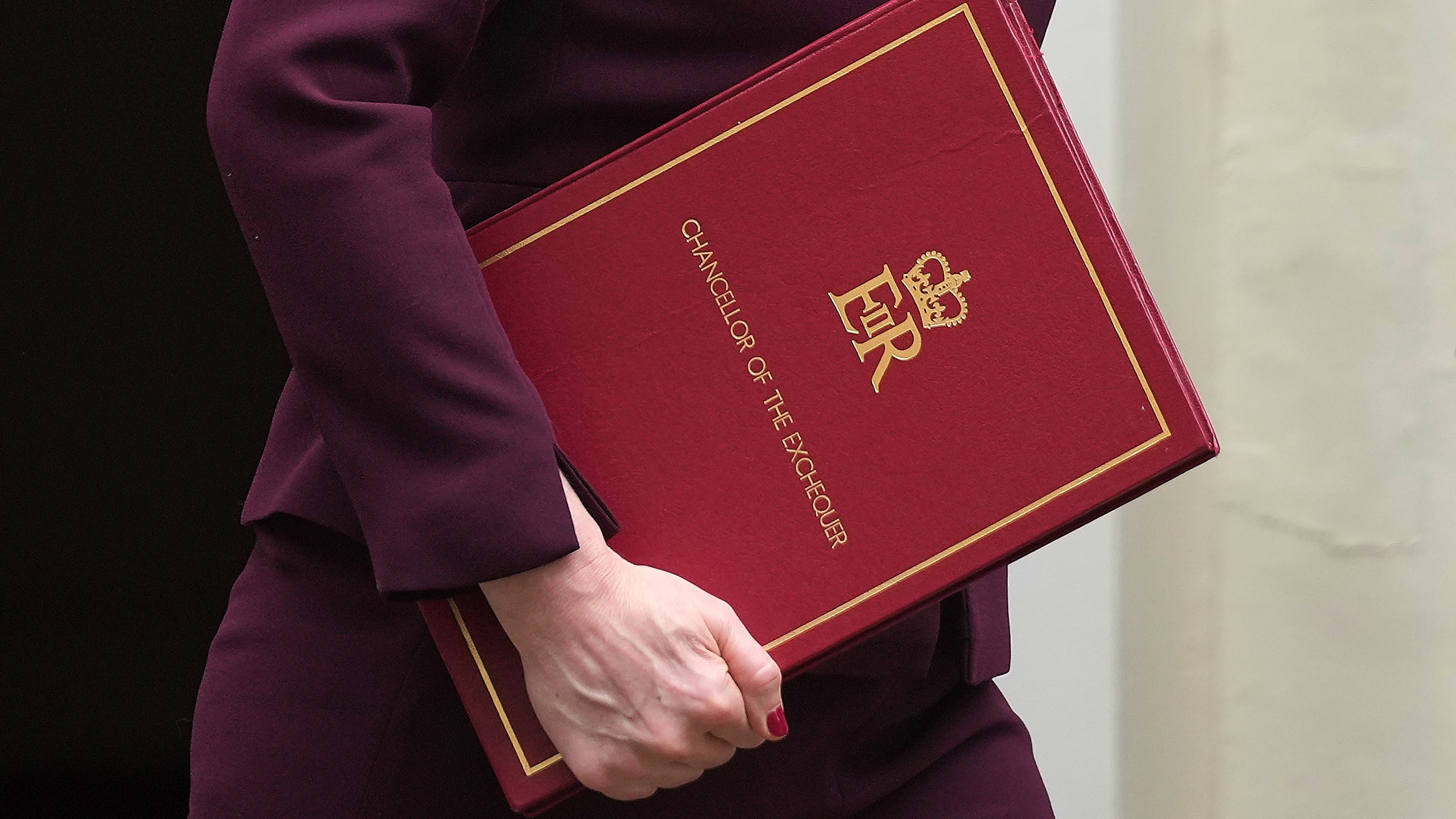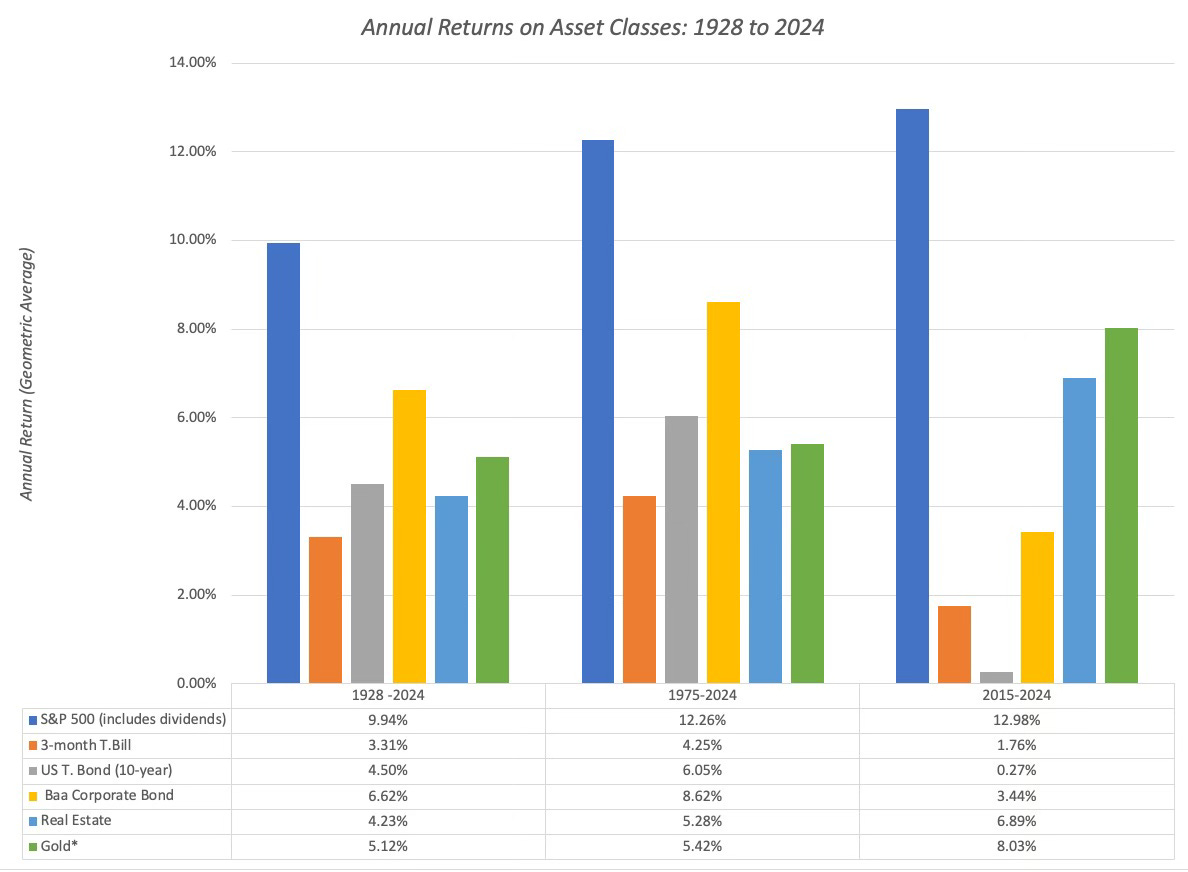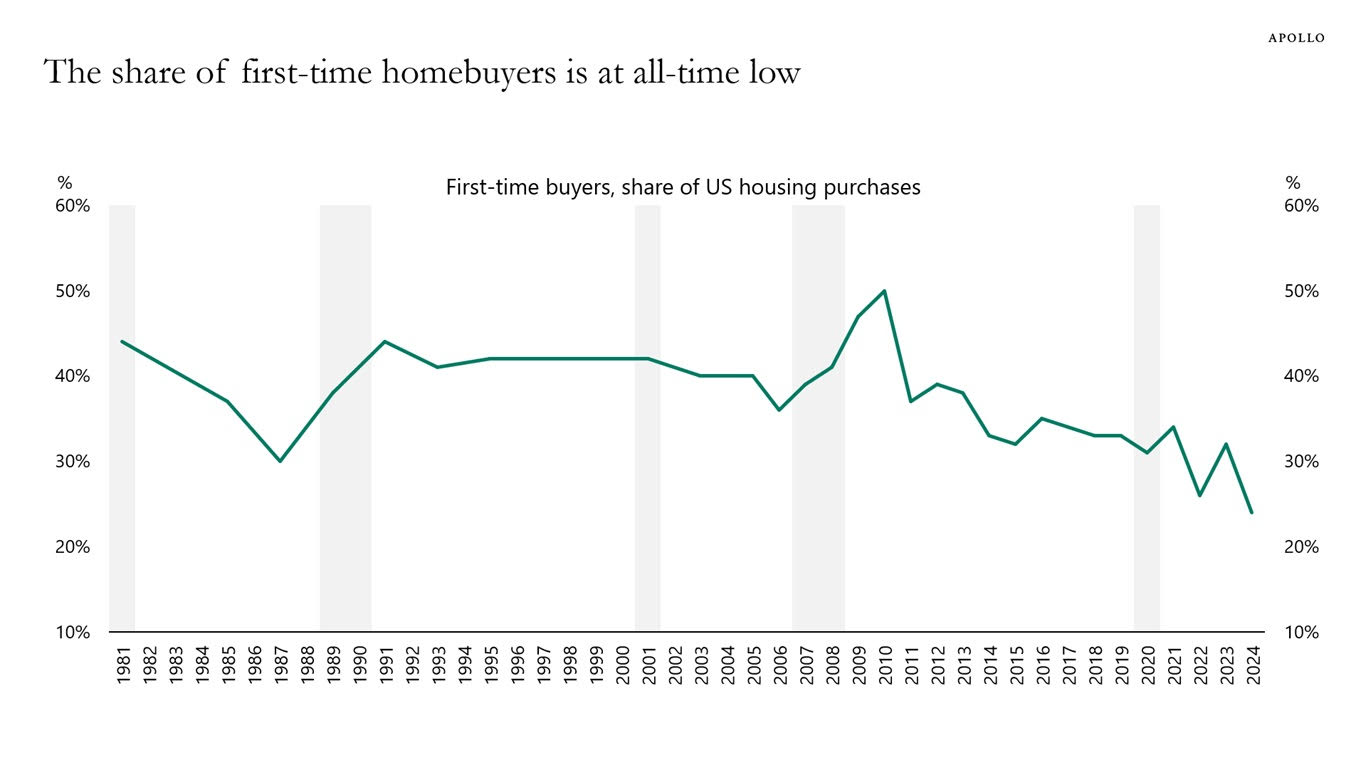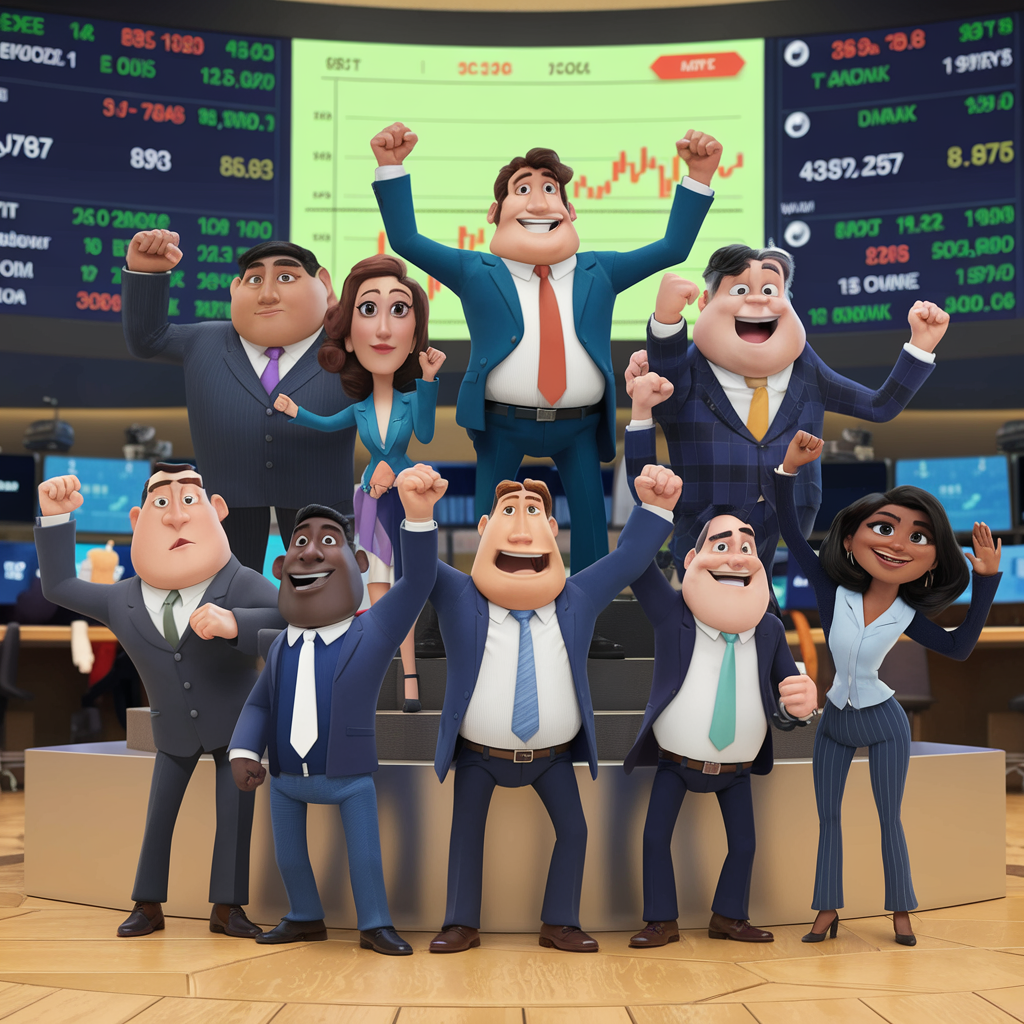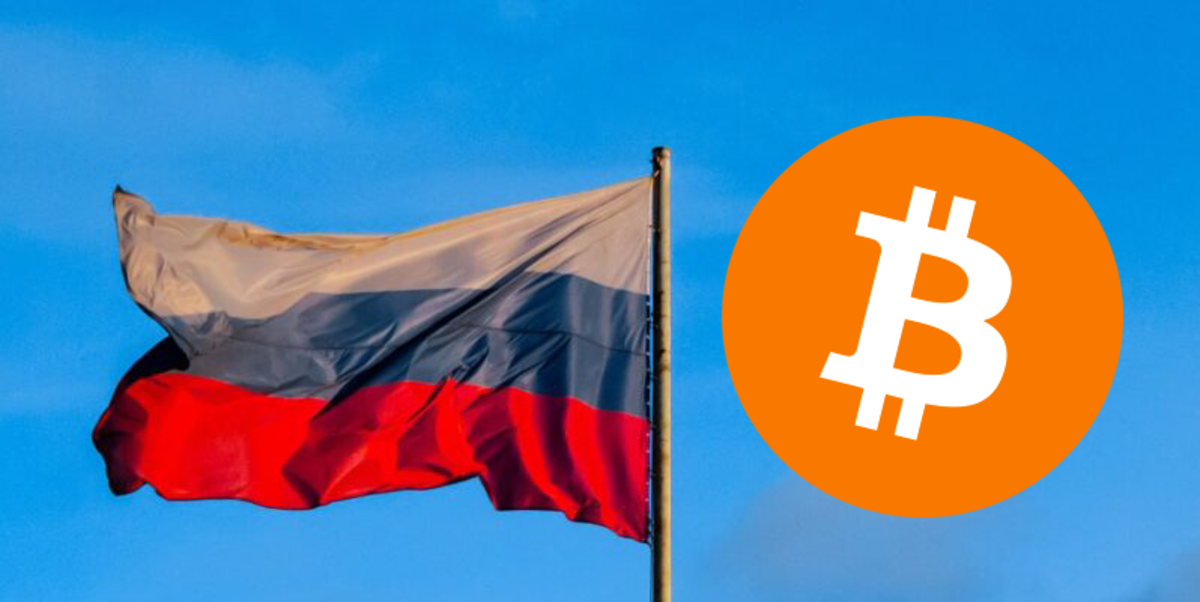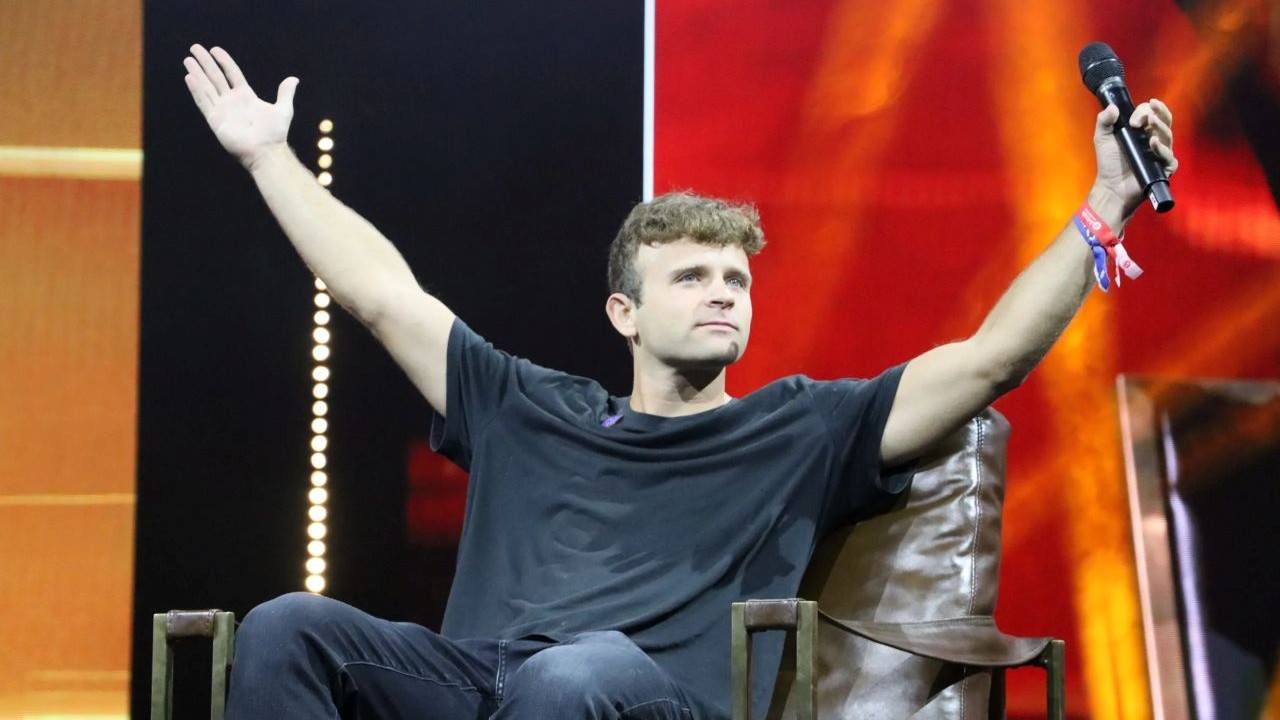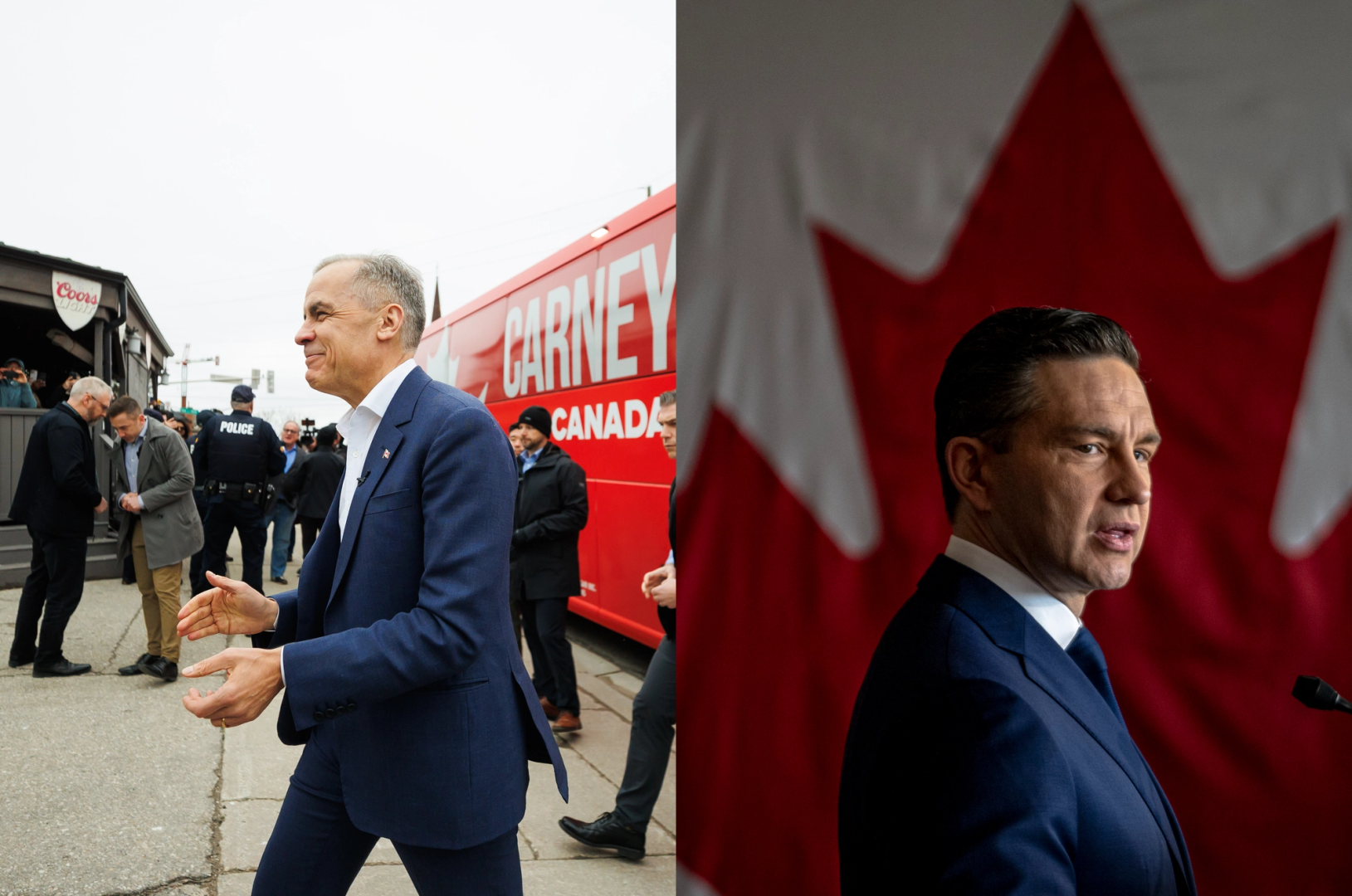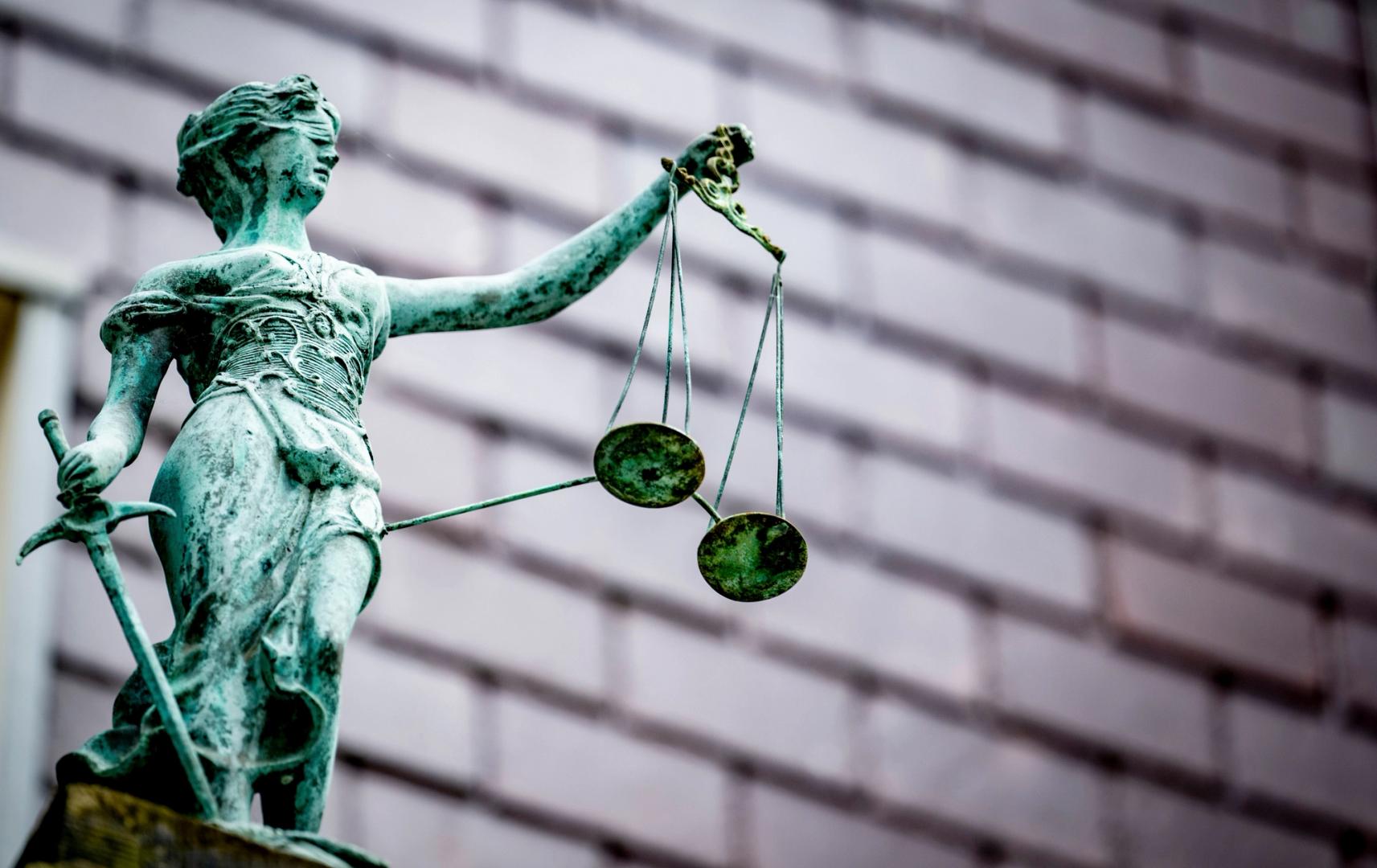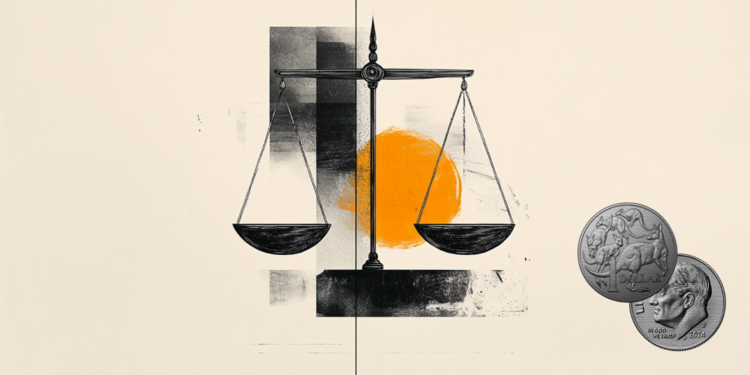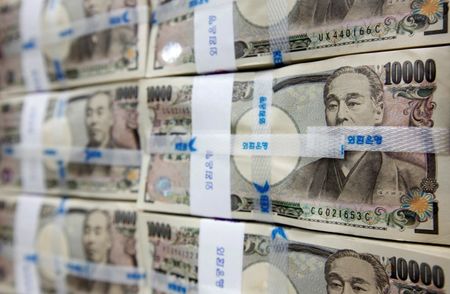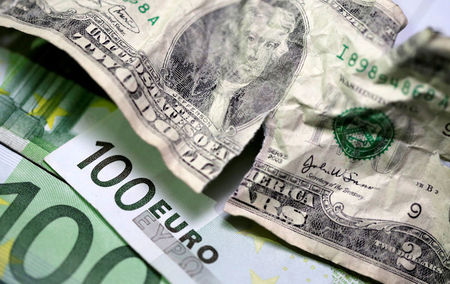Instagram cofounder Kevin Systrom skewers Mark Zuckerberg, saying Meta starved his business after buying it for $1 billion over a decade ago
Systrom testified that Instagram had the potential to thrive independently and did not require Meta’s infrastructure or resources to scale.

- Instagram cofounder Kevin Systrom testified that Mark Zuckerberg saw Instagram as a threat to Facebook's dominance and starved the app of resources and support after acquiring it. The testimony is part of the FTC's landmark case against Meta that argues the company sought to cement an unlawful social media monopoly in part through its acquisition of Instagram.
Mark Zuckerberg came to see Instagram's growth as a "threat" to Facebook’s dominance, Instagram cofounder Kevin Systrom has testified during the Federal Trade Commission’s landmark antitrust case against Meta.
On Tuesday, Systrom testified that Instagram had the potential to thrive independently and did not require Meta’s infrastructure or resources to scale. He said he believed the company was capable of launching key features like private messaging and video capabilities if it had stayed independent.
Later, during cross-examination by Meta’s lawyers, Systrom acknowledged that Instagram's growth "could have gone either way" but maintained that "the probability of us failing was low."
The testimony is a boost to the FTC's argument that Meta acquired Instagram and later WhatsApp to squash competition and establish an illegal monopoly in the social media market. The FTC has been trying to prove that Instagram was a fast-growing competitor to Facebook that would have grown to a fully-fledged rival if it had remained an independent company.
Representatives for Meta did not immediately respond to Fortune's request for comment. In previous statements, the company has maintained that it contends with a range of social media rivals, including TikTok, YouTube, iMessage, and more. Meta has also argued that Instagram’s explosive growth wouldn’t have been possible without the company’s backing. In court, lawyers for Meta detailed the investments made in building out Instagram’s capabilities.
The company has previously highlighted that Instagram had just 13 employees and no revenue at the time of the acquisition and argued that many of the features central to Instagram today were built with Meta’s technology.
"More than 10 years after the FTC reviewed and cleared our acquisitions, the Commission’s action in this case sends the message that no deal is ever truly final. Regulators should be supporting American innovation, rather than seeking to break up a great American company and further advantaging China on critical issues like AI,” the company said in an earlier statement.
The FTC is seeking to unwind Meta's acquisition deals for WhatsApp and Instagram. If Meta is forced to spin off Instagram, it could be costly for the company’s advertising revenues.
Limiting resources
Systrom, who continued to lead Instagram following its acquisition, also said that he felt Meta was “underinvesting” in Instagram and giving it “zero resources."
Several emails released as part of the trial revealed Systrom's frustration with Meta's lack of investment in Instagram, including one sent to former Chief Technology Officer Mike Schroepfer, where he wrote that “we also have areas that are ‘starving’” for funds.
He testified that the platform was routinely overlooked when it came to resource allocation, often being denied essential support such as staffing for major initiatives, including video development and data privacy programs. After the Cambridge Analytica scandal prompted Meta to bolster its privacy infrastructure, Systrom noted that Instagram received no additional personnel, despite its growing importance within the company.
He also testified that in 2018 Zuckerberg began reducing Facebook’s internal support for Instagram, such as notifications and links that sent people back to the photo-sharing app, because he believed the app’s success was cannibalizing Facebook’s growth.
“He believed we were hurting Facebook’s growth,” Systrom said during the trial.
“He was always very happy to have Instagram in the family because it was growing so quickly and we did great product work,” Systrom said. “But also I think as the founder of Facebook he felt a lot of emotion around which one was better, meaning Instagram or Facebook.”
This story was originally featured on Fortune.com




